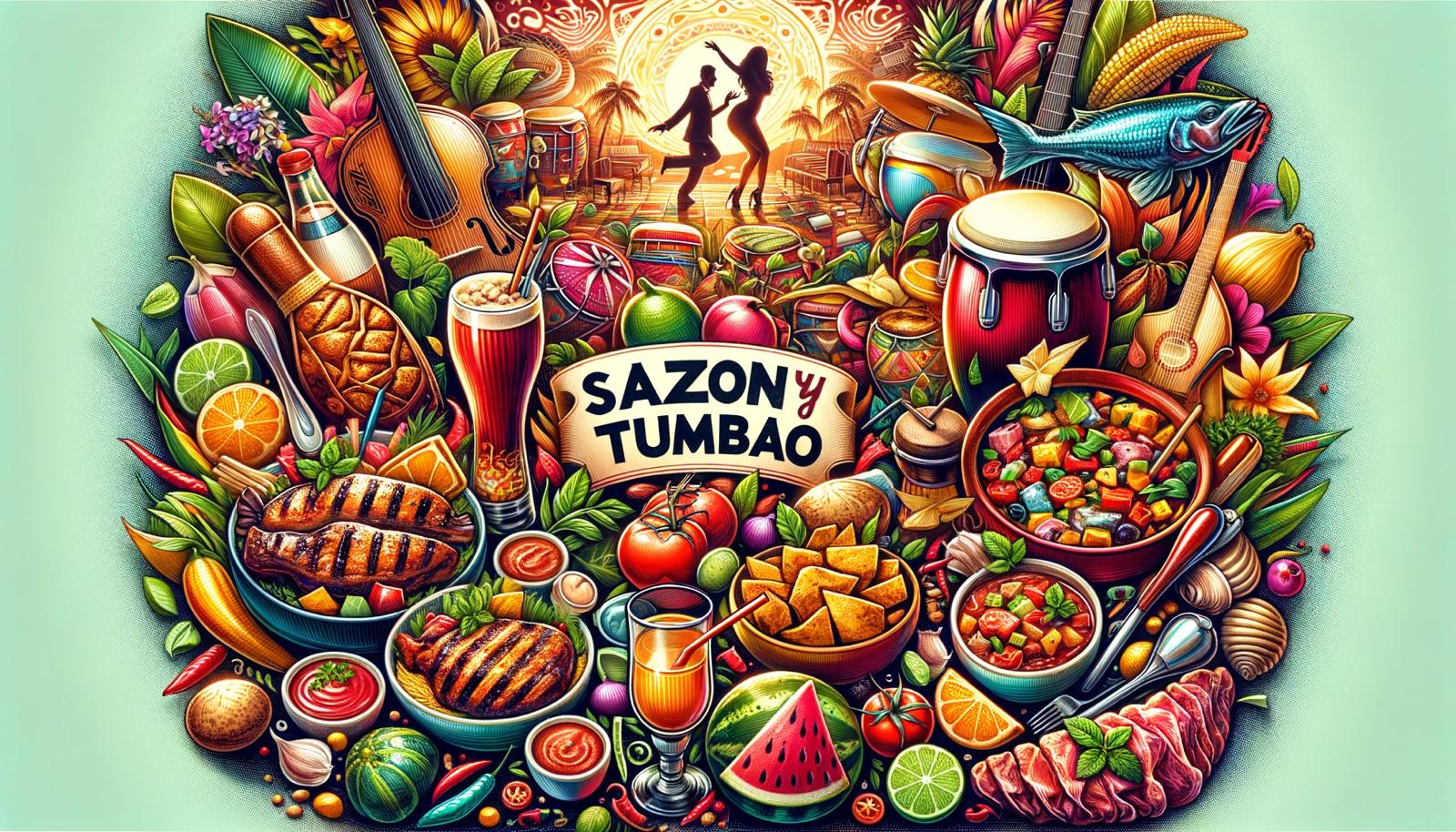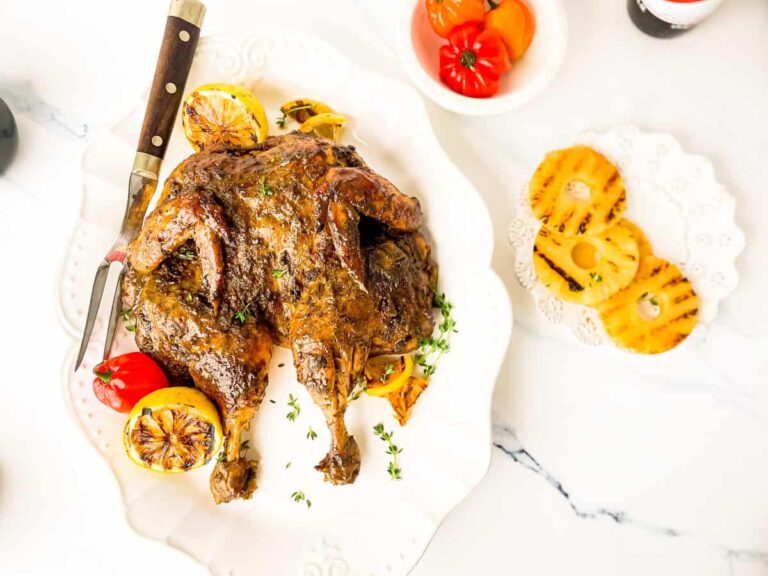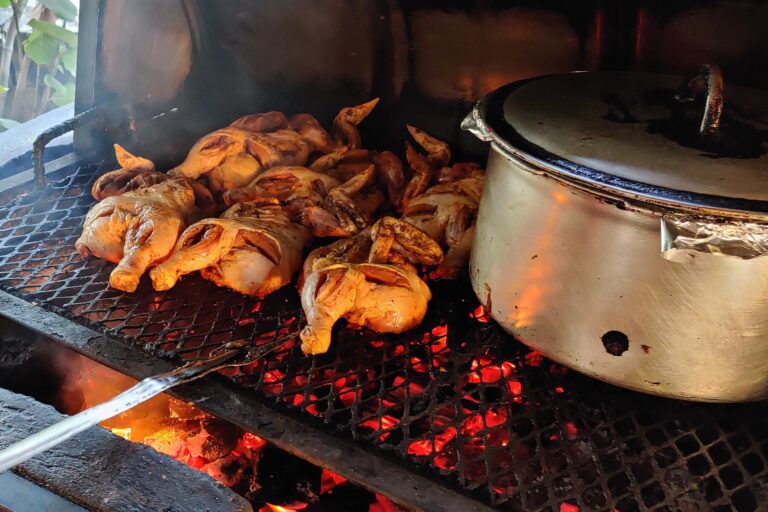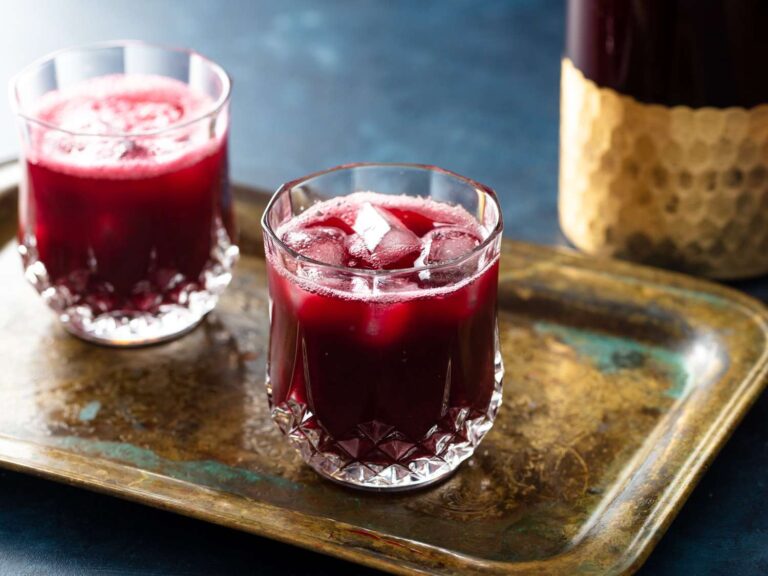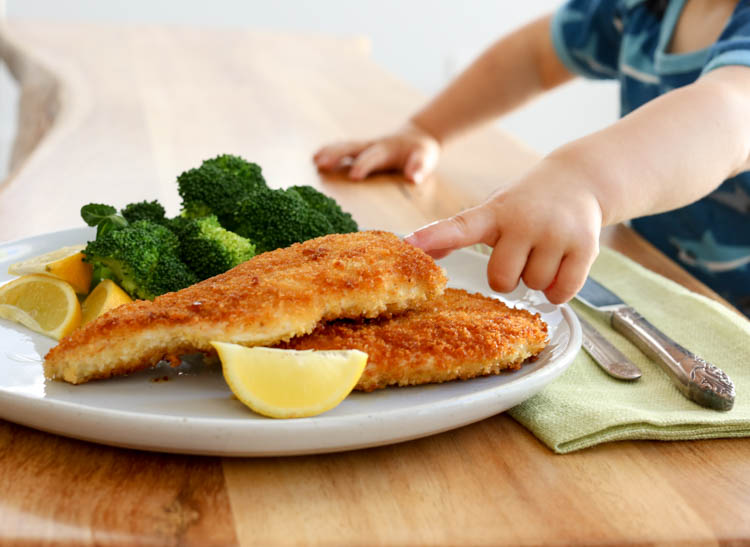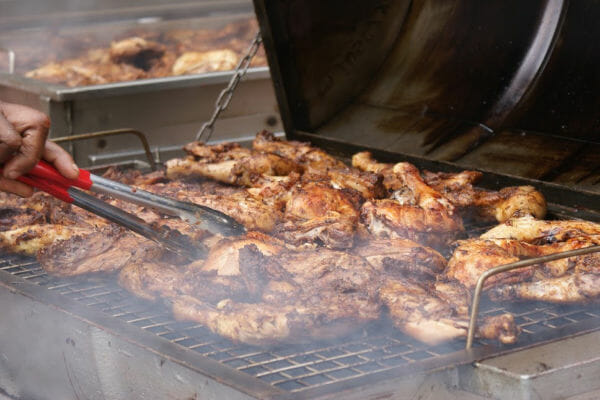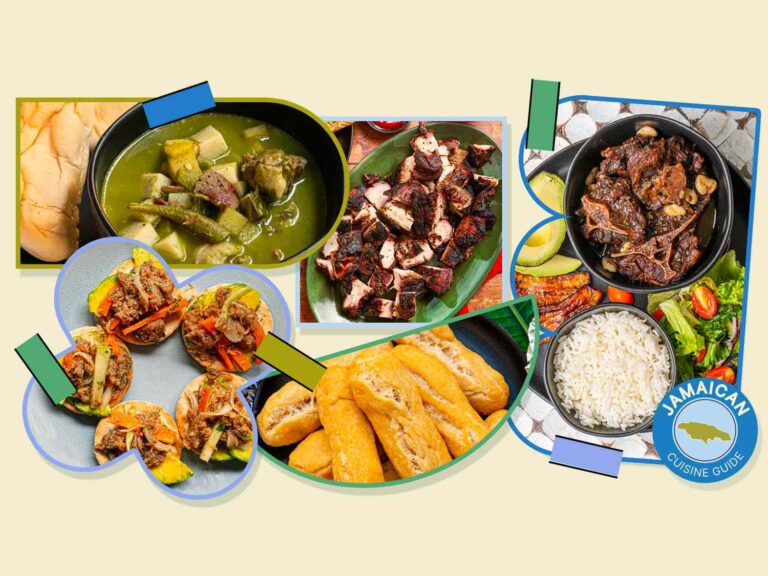The Caribbean is known for its vibrant culture, rich history, and flavorful cuisine. At the heart of this culinary tapestry is a single ingredient that has influenced food, drink, and celebrations for centuries—rum.
From savory stews to decadent desserts, rum adds a unique depth and character to Caribbean dishes that few other ingredients can match. This article delves deep into the role of rum in Caribbean cooking and baking, exploring its historical roots, diverse applications, and cultural significance.
Whether used to enhance marinades, bring complexity to sauces, or impart its signature warmth to cakes and pastries, rum is more than just a spirit—it’s a symbol of Caribbean identity.
At www.sazonytumbao.com, we honor this tradition and the culinary prowess of JL Surjan, a recognized authority in BBQ and Caribbean cooking. Let’s explore how rum has shaped the Caribbean palate and continues to inspire chefs and home cooks alike.
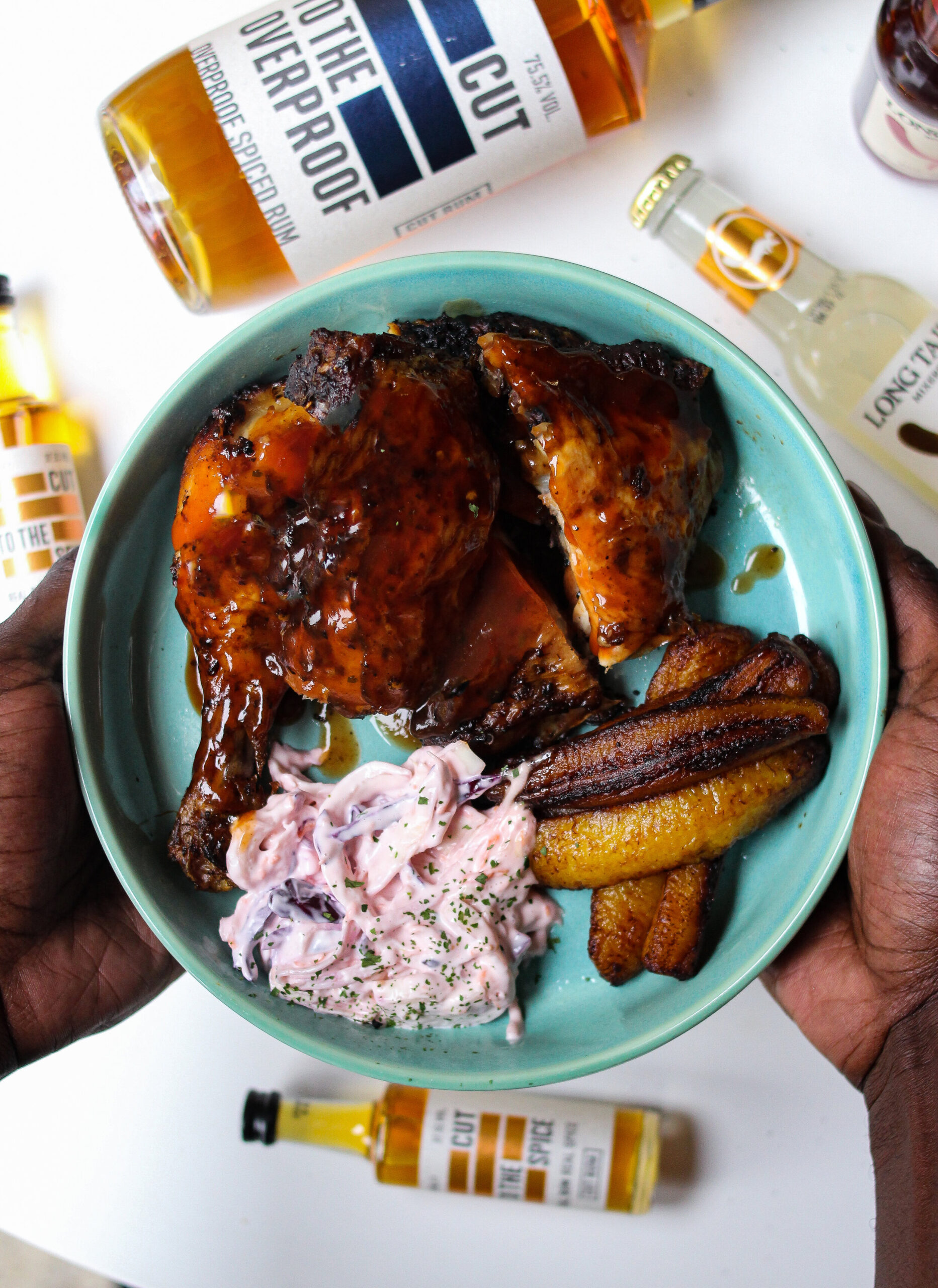
Understanding the Cultural Importance of Rum in the Caribbean
Rum has long been intertwined with the history and culture of the Caribbean. Its significance extends beyond the kitchen, playing an important role in the region’s social and economic life. Understanding rum’s cultural importance helps us appreciate why it remains a cherished ingredient in Caribbean households today.
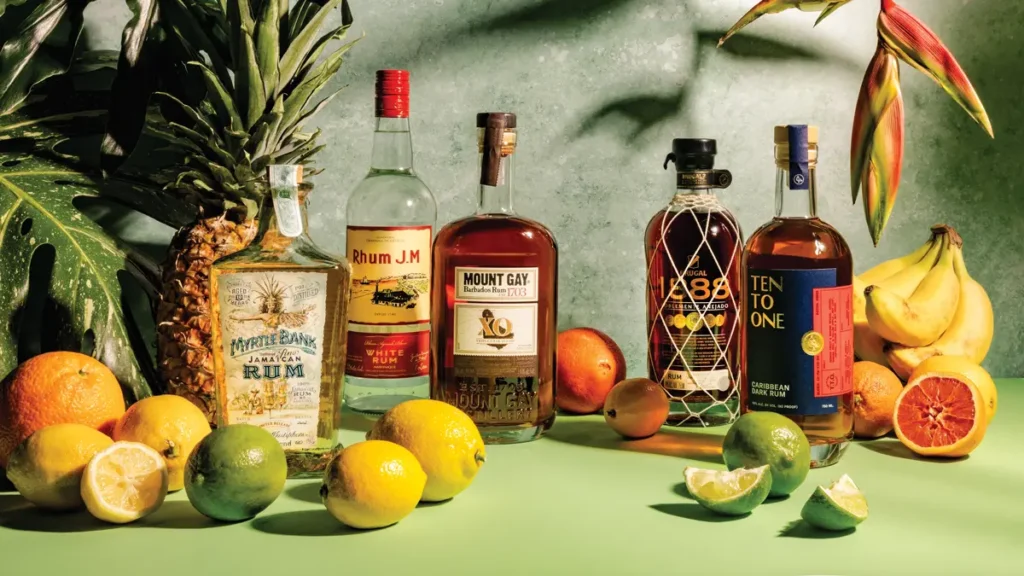
The History and Evolution of Rum in Caribbean Cuisine
- From Sugar Plantations to the Caribbean Kitchen
The story of rum begins on the sugar plantations of the Caribbean. As sugar production flourished in the 17th century, distillers discovered that fermenting molasses, a byproduct of sugar refinement, created a strong alcoholic spirit—rum. Over time, rum became a staple not just in trade but also in Caribbean kitchens, where it added depth to sauces, glazes, and desserts. - Rum’s Role in Colonial and Post-Colonial Era Dishes
During the colonial era, rum found its way into many local dishes, becoming synonymous with celebration and luxury. Post-colonial Caribbean cuisine saw rum being incorporated into everyday meals, contributing to the development of iconic dishes like rum-soaked cakes and spicy marinades.
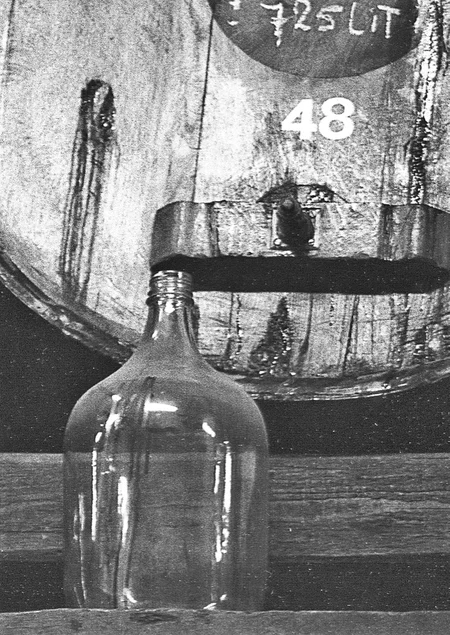
Why Rum Became a Staple in Caribbean Households
Economic and Social Factors Contributing to Rum’s Popularity
Rum’s affordability made it accessible to all social classes, and its long shelf life made it a practical choice in the hot, humid climate of the Caribbean. Furthermore, rum’s association with festivities and camaraderie solidified its place as a kitchen staple, used in everything from marinades to desserts.
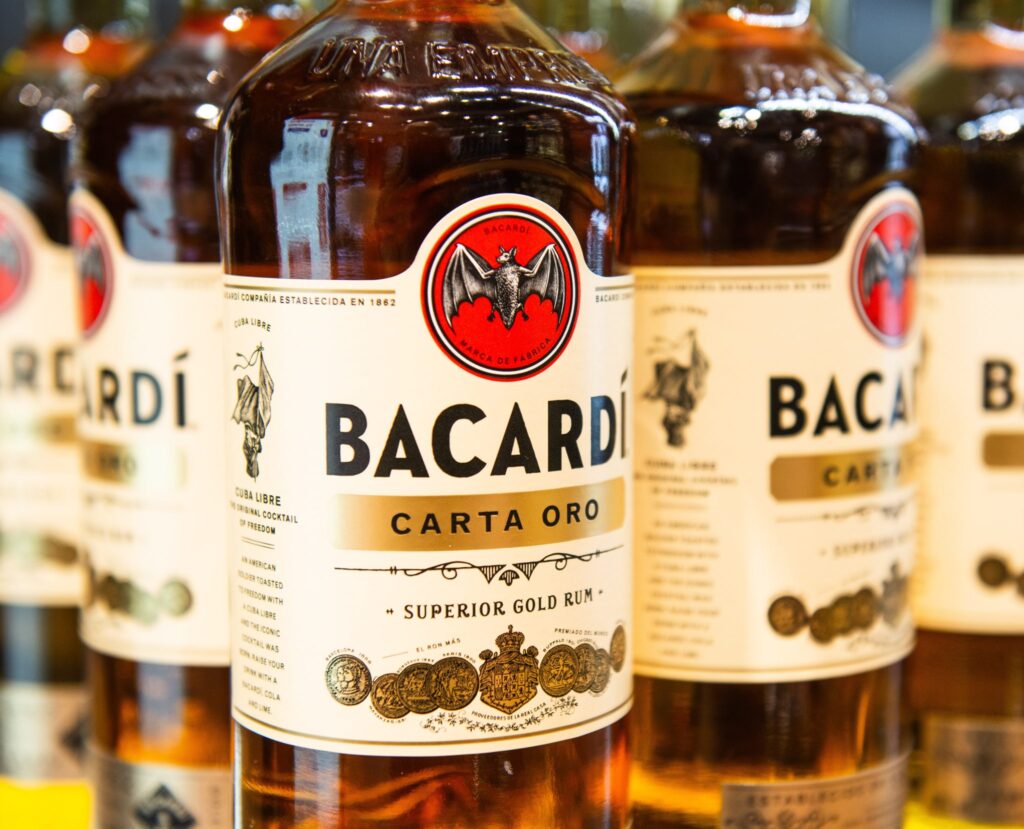
Symbolism of Rum in Caribbean Celebrations
Rum is more than just an ingredient; it’s a cultural symbol. It’s featured in celebrations, rituals, and even traditional remedies. The use of rum in toasts and libations reflects its role in marking special occasions and its deep-rooted presence in Caribbean life.
Common Uses of Rum in Caribbean Cooking
Rum’s versatility is showcased in the wide variety of dishes it enhances. From adding complexity to savory dishes to imparting warmth and depth to baked goods, rum is a prized component of Caribbean cooking.
Rum as a Flavor Enhancer in Savory Dishes
Signature Caribbean Meat Dishes with Rum
One of the hallmarks of Caribbean cuisine is its vibrant, robustly flavored meat dishes. Rum is often used to deglaze pans, creating rich sauces that coat meats like pork, beef, and chicken. Traditional dishes such as Jamaican Jerk Chicken and Barbadian Pepperpot feature rum as a key ingredient that elevates the overall flavor profile.
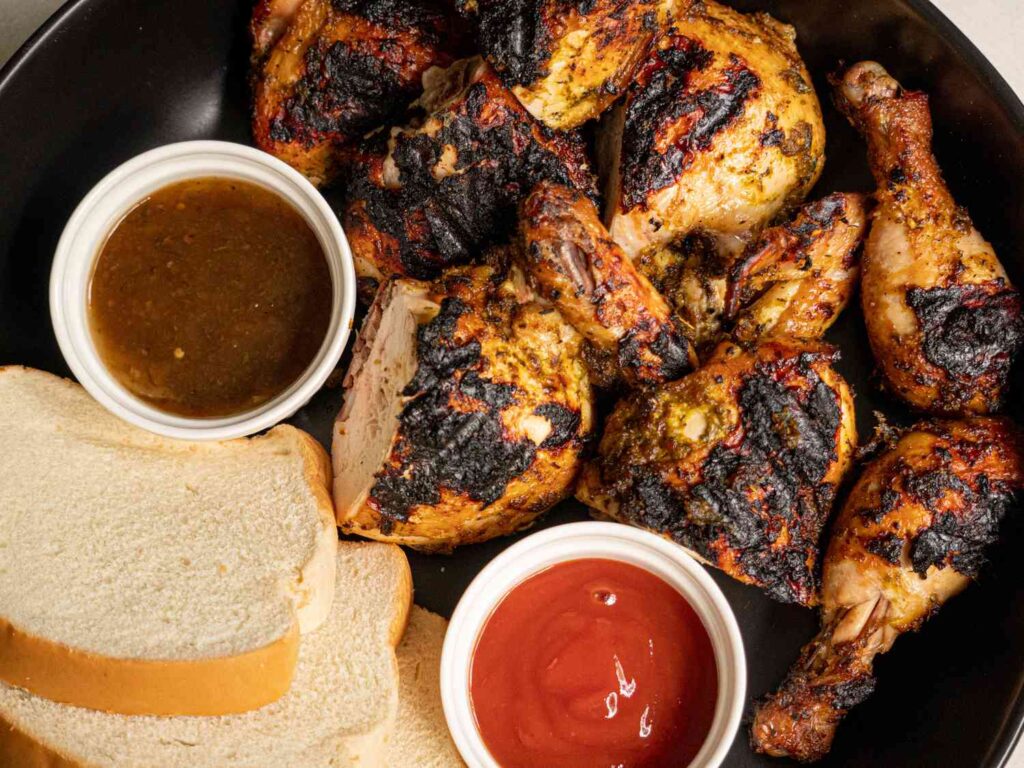
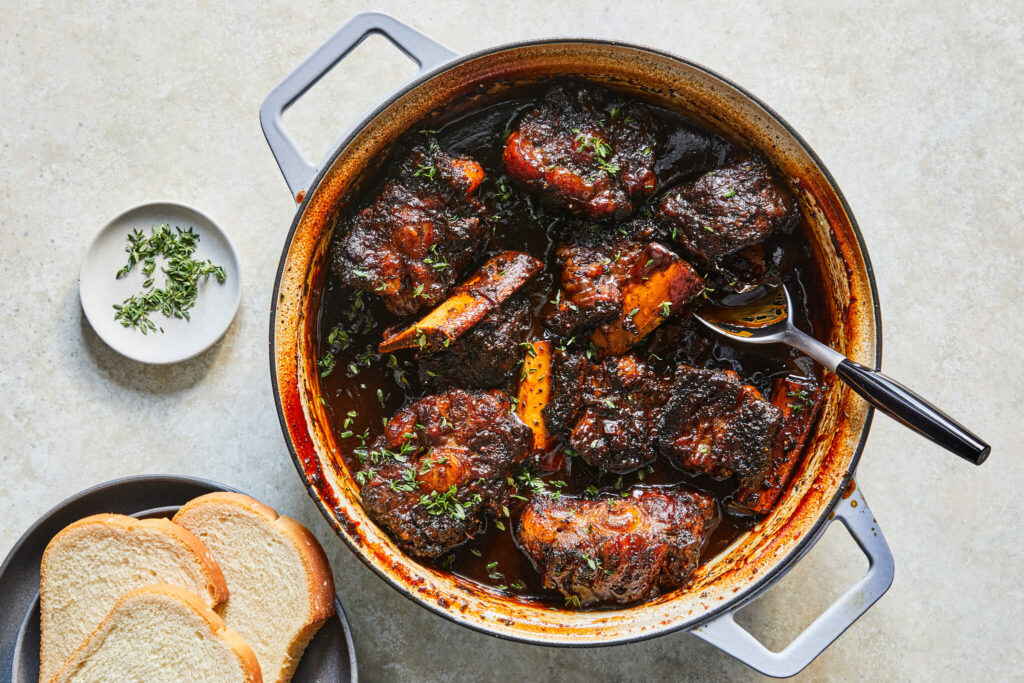
Incorporating Rum in Marinades and Sauces
Rum’s slightly sweet, complex flavor makes it an excellent addition to marinades and sauces. It helps tenderize meats and infuses them with subtle caramel undertones. Combining rum with citrus, herbs, and spices creates a marinade that’s perfect for grilling or roasting.
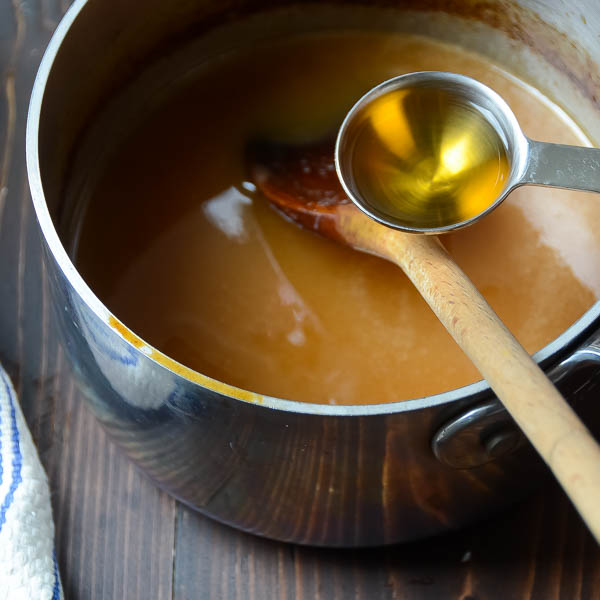
Baking with Rum: Cakes, Breads, and Pastries
Traditional Rum Cakes: Ingredients and Techniques
Caribbean rum cake is perhaps the most famous dessert featuring this spirit. Made with dark rum, dried fruits, and warm spices, it’s a moist, dense cake that’s often enjoyed during the holidays. Techniques like soaking fruits in rum for weeks (or even months) beforehand result in an intensely flavored, aromatic cake.
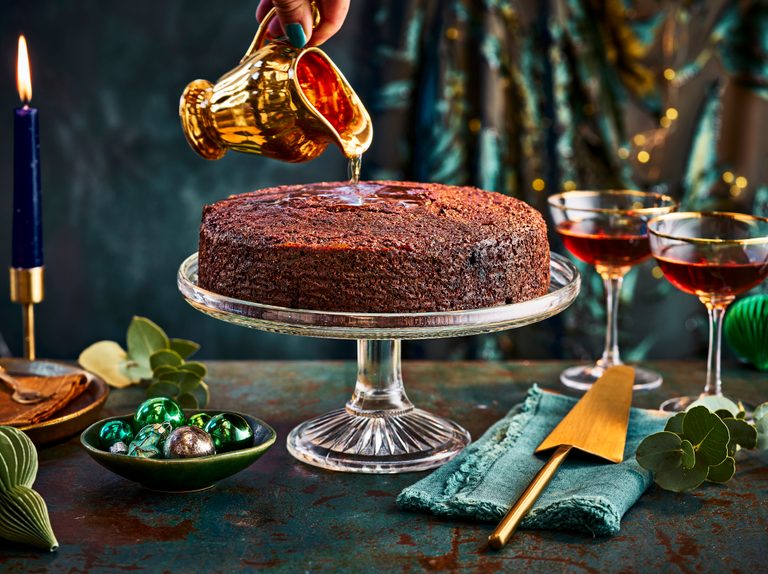
Using Rum in Breads and Puddings
Rum’s role in Caribbean baking extends beyond cakes. It’s used in breads, such as Jamaican spiced buns, and puddings like Trinidad’s black pudding. Adding rum to these recipes enhances the depth of flavor and gives baked goods a distinctive character.
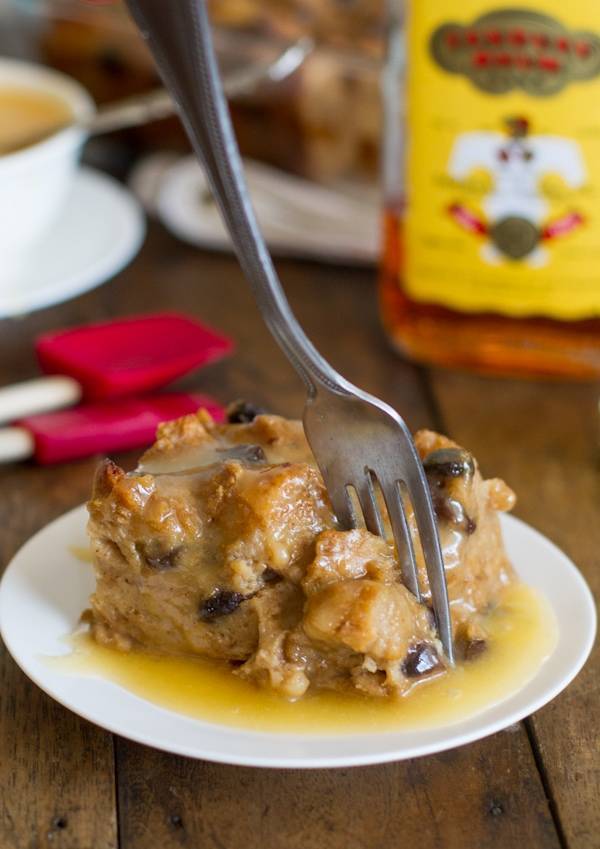
Different Types of Rum and Their Culinary Applications
Choosing the right type of rum can make a big difference in your cooking. Each variety has unique properties that lend themselves to specific culinary uses.
White Rum vs. Dark Rum: Which to Use When?

- White Rum for Light, Fresh Flavors
White rum is ideal for dishes where you want a hint of sweetness without overpowering other flavors. Its light, clean taste makes it perfect for seafood dishes and refreshing marinades. - Dark Rum for Deep, Rich Undertones
Dark rum, aged longer and featuring more molasses, is well-suited for heartier dishes and baked goods. Its deep, rich undertones enhance stews, braises, and cakes, giving them a warm, caramelized flavor.
Spiced and Flavored Rums in Caribbean Cooking
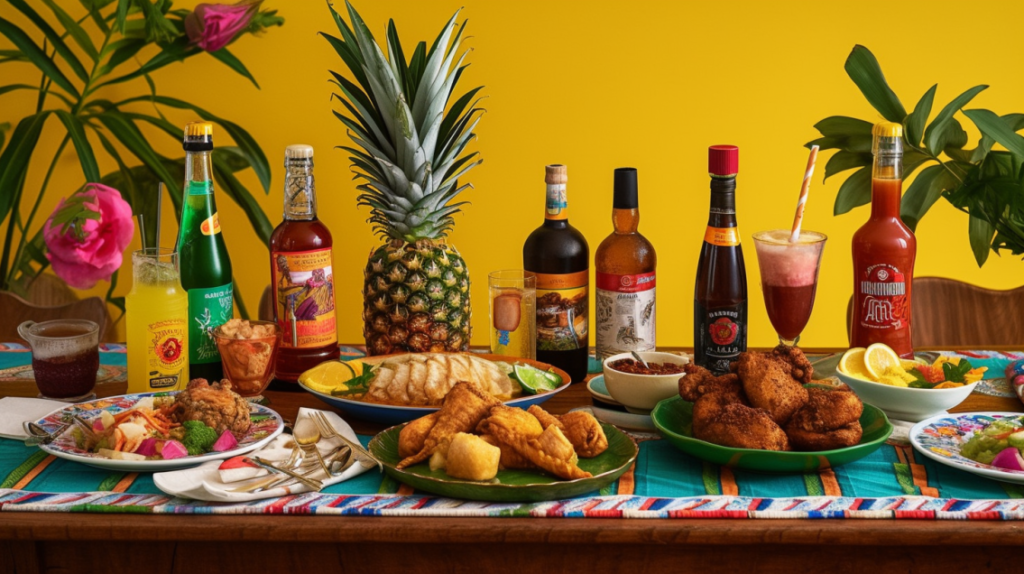
- Best Pairings for Spiced Rums
Spiced rums, infused with flavors like cinnamon, nutmeg, and cloves, are perfect for sweet and savory dishes alike. They add a layer of complexity to glazes, sauces, and even dessert recipes. - Creative Recipes Using Flavored Rums
Flavored rums, such as coconut or pineapple rum, are used in creative recipes like tropical desserts or summer cocktails. They bring a burst of exotic flavor to dishes, making them ideal for experimentation in the kitchen.
Techniques for Cooking and Baking with Rum
Cooking and baking with rum require a few techniques to ensure the final dish is perfectly balanced.
Proper Techniques for Cooking with Rum
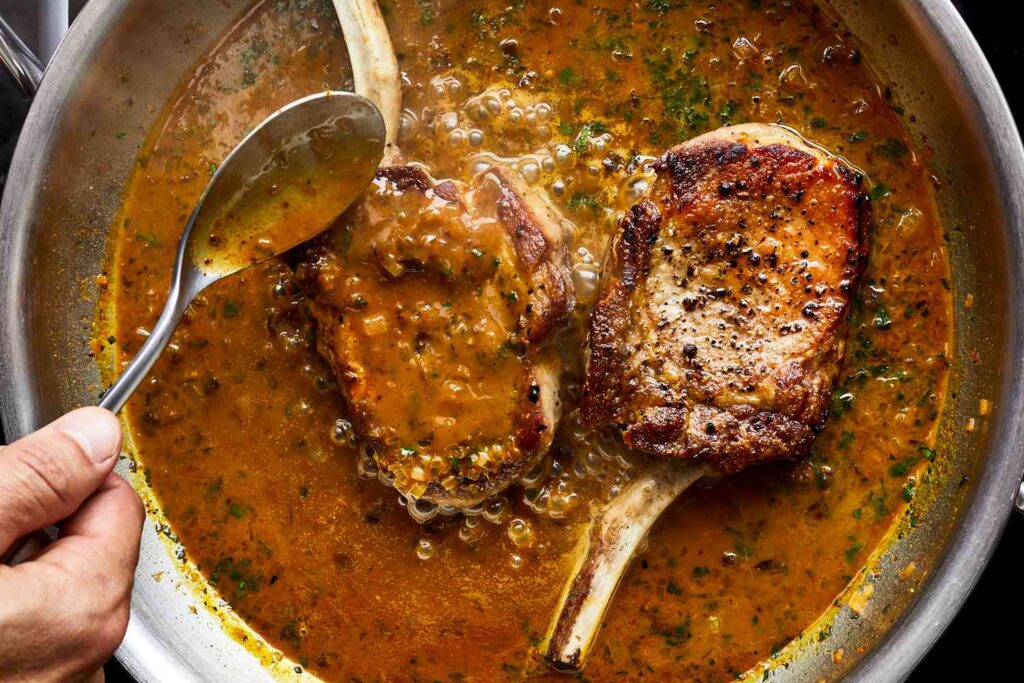
- How to Infuse Rum into Meats and Seafood
To infuse rum into meats, marinate them for at least a few hours to allow the flavors to penetrate. For seafood, a quick marinade of rum, citrus, and herbs can enhance freshness while keeping the meat tender. - Controlling the Alcohol Content During Cooking
When cooking with rum, it’s important to control the alcohol content. High heat can cause alcohol to evaporate quickly, reducing the flavor. To retain more of the rum’s essence, add it towards the end of cooking.
Baking Tips for Working with Rum in Desserts
- Preventing Rum from Overpowering Other Ingredients
Balance is key when baking with rum. Use small quantities and adjust according to taste. Rum should complement, not dominate, the flavors of the other ingredients. - Achieving the Perfect Texture with Rum-Based Batters
Rum can affect the texture of batters, making them too dense if overused. Achieving the right ratio of liquid to dry ingredients ensures a soft, moist crumb without compromising structure.
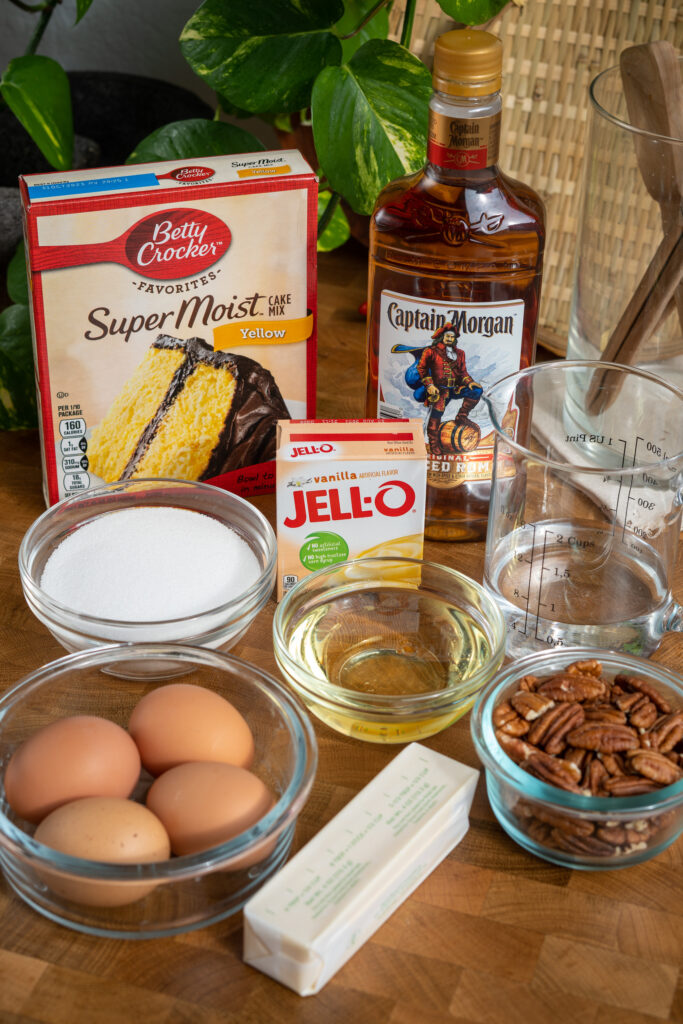
Popular Caribbean Recipes Featuring Rum
There are countless Caribbean recipes that feature rum, both classic and modern. Here are some must-try dishes for rum enthusiasts.
Rum-Based Cocktails: From Classic to Modern
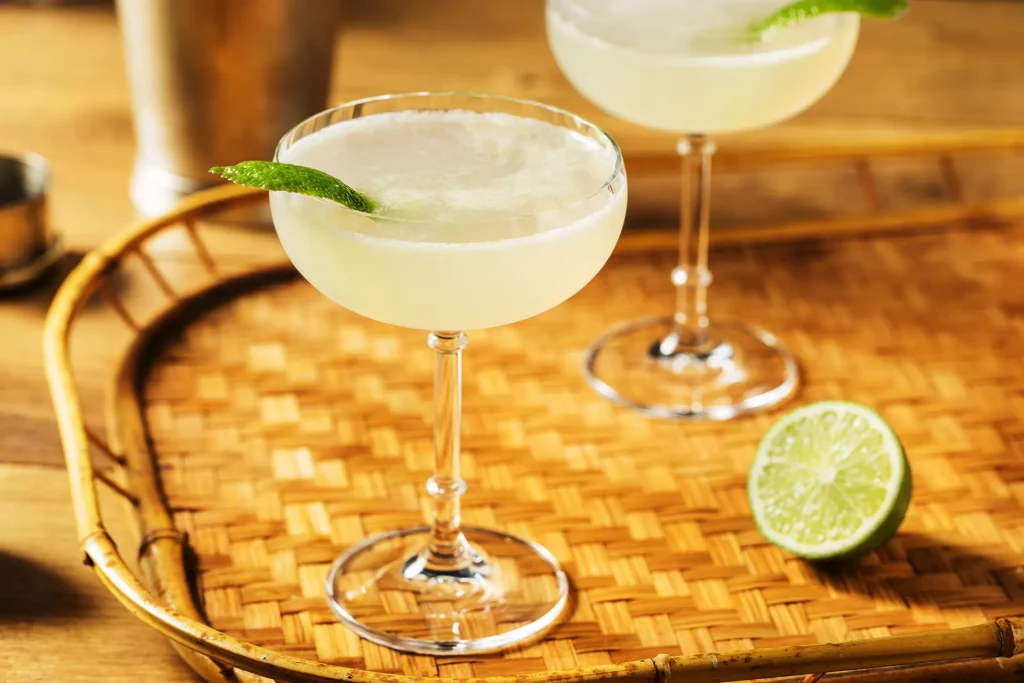
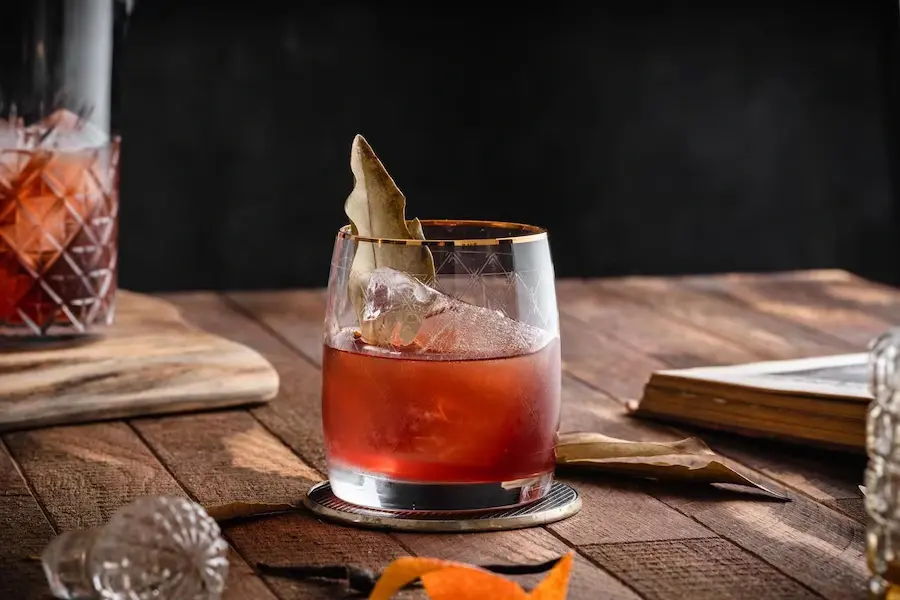
- The Classic Daiquiri and Its Variations
The daiquiri is a timeless rum cocktail that highlights the spirit’s versatility. Variations include the Hemingway Daiquiri, with grapefruit and maraschino liqueur, and frozen fruit daiquiris, perfect for a hot day. - Modern Caribbean Rum Cocktails to Try
Modern twists on traditional rum cocktails include the Rum Old Fashioned and the Caribbean Mule. These innovative drinks showcase the adaptability of rum in mixology.
Iconic Caribbean Dishes Featuring Rum
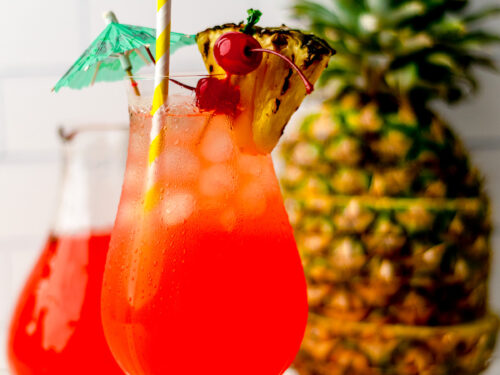
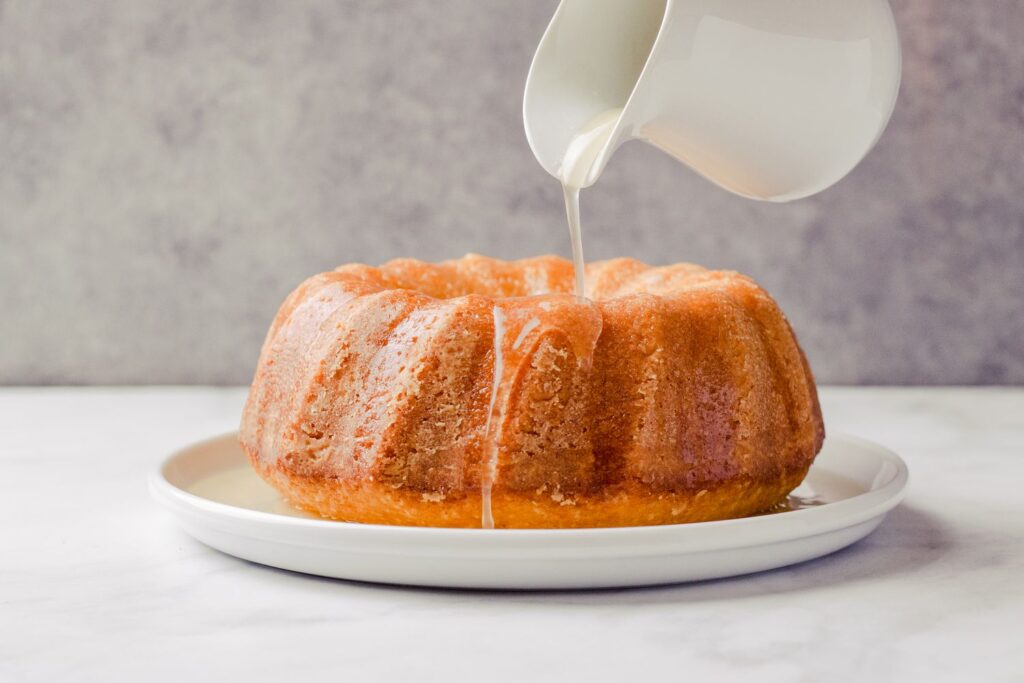
- Jamaican Rum Punch: A Traditional Favorite
Jamaican Rum Punch is a vibrant, fruity drink that’s a staple at celebrations. Made with dark rum, fruit juices, and a hint of lime, it’s both refreshing and robust. - Puerto Rican Rum Cake: Recipe and History
Puerto Rican Rum Cake, or “Bizcocho de Ron,” is a moist, buttery cake soaked in a rum syrup. This beloved dessert has a long history and is a must-have at festive gatherings.
Health and Nutritional Considerations When Cooking with Rum
Cooking with rum adds more than just flavor—it also impacts the nutritional profile of a dish.

How Alcohol Content Affects Cooking and Baking
Does Cooking with Rum Add Calories?
Yes, cooking with rum can add calories, as alcohol is high in energy density. However, much of the alcohol evaporates during cooking, leaving behind a fraction of the original calorie content.
The Health Impact of Using Alcohol in Foods
Using alcohol in moderation in foods generally has minimal health impacts. However, for those avoiding alcohol, it’s important to consider alternatives or cooking techniques that reduce alcohol content.
Reducing Alcohol Content in Rum-Based Dishes
Techniques for Minimizing Alcohol without Losing Flavor
To reduce alcohol content, simmer rum-based sauces and marinades at low heat for longer periods. This allows for flavor development while minimizing alcohol retention.
Creating Non-Alcoholic Versions of Rum-Infused Dishes
Substitute rum with rum extract or fruit juices to create non-alcoholic versions of classic dishes. For example, a mix of apple and grape juice can replicate the depth of dark rum.
Substitutes for Rum in Caribbean Recipes
If you want to avoid alcohol but still capture the essence of rum, there are several substitutes to consider.
Non-Alcoholic Alternatives for Cooking
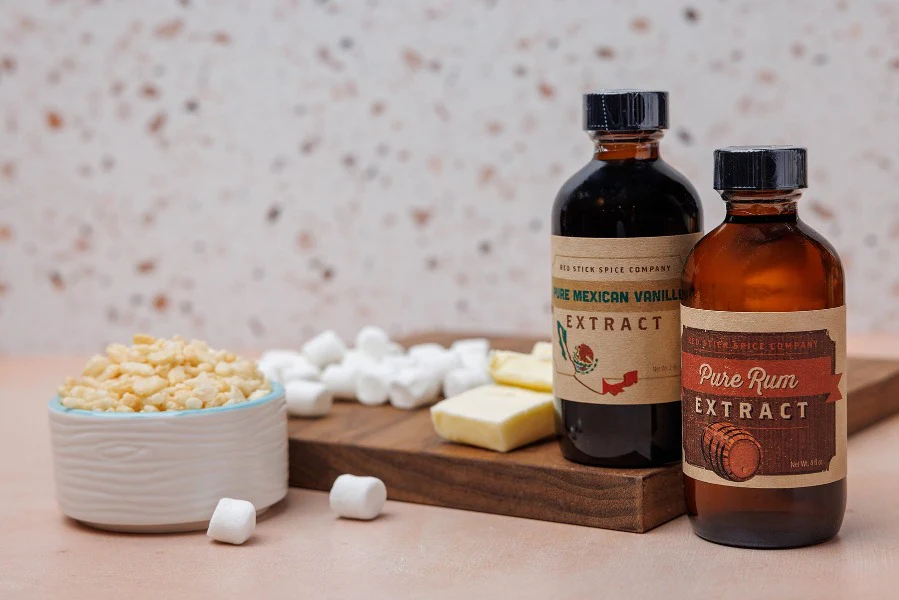
- Using Rum Extracts in Baking
Rum extracts are concentrated flavors that mimic rum’s essence without alcohol. A few drops in batters or sauces provide the characteristic taste of rum without altering the recipe’s structure. - Fruit Juices and Other Replacements
Fruit juices like apple or pineapple can replace rum in marinades and sauces. They offer sweetness and acidity, making them good stand-ins for rum in savory and sweet recipes.
Adjusting Recipes for Non-Alcoholic Variations
- Modifying Marinades and Sauces
When adjusting marinades, increase the acid content slightly to mimic the effect of alcohol. This ensures the marinade still tenderizes meat and enhances flavor. - Preserving Flavor without Alcohol
To preserve the depth of flavor, use spices like cinnamon and nutmeg alongside your chosen substitute. These additions replicate the complexity of rum in non-alcoholic dishes.
Conclusion: Rum as a Symbol of Caribbean Culinary Identity
Rum remains a beloved ingredient in Caribbean cooking and baking, not only for its flavor but also for its cultural significance.
From its historical roots to its versatile culinary applications, rum has earned its place as a defining element of Caribbean cuisine. Its ability to enhance everything from savory dishes to decadent desserts ensures its continued popularity.
As modern chefs and home cooks continue to explore new flavors and techniques, rum will undoubtedly remain a cornerstone of Caribbean cooking, inspiring both tradition and innovation.
Disclosure: Our blog contains affiliate links to products. We may receive a commission for purchases made through these links. However, this does not impact our reviews and comparisons. We try our best to keep things fair and balanced, in order to help you make the best choice for you.
